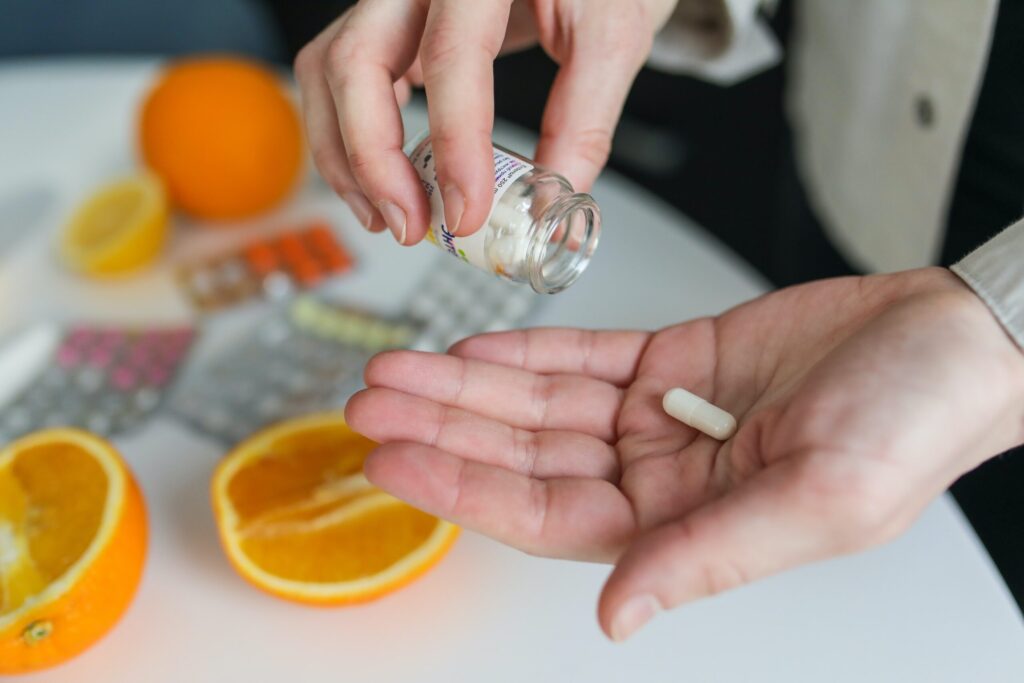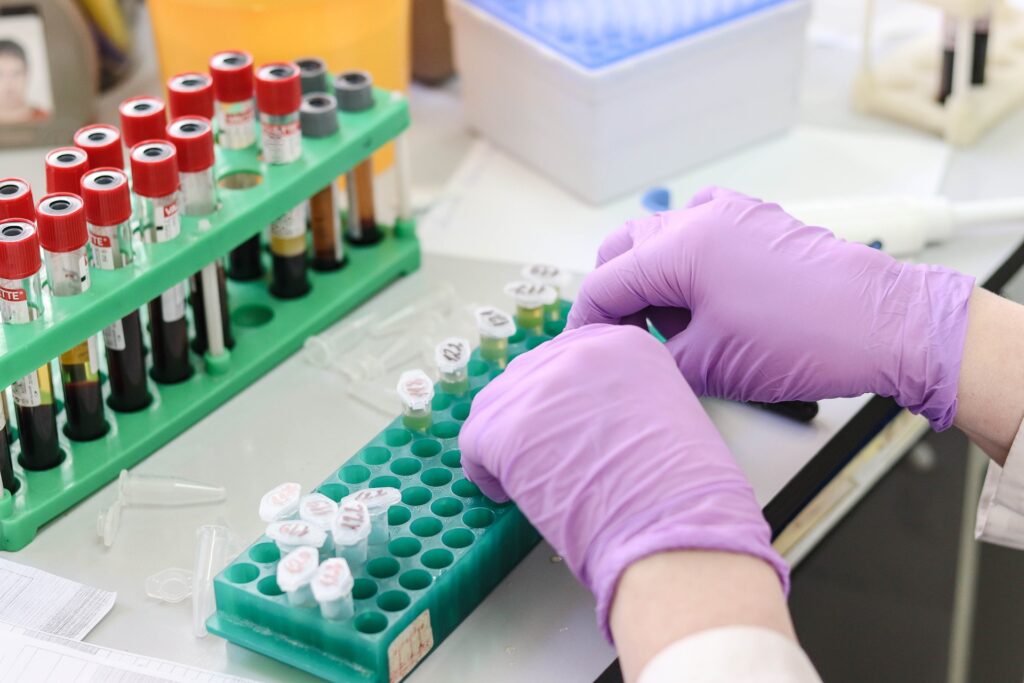Insulin;
Overview:
Insulin therapy plays a crucial role in managing diabetes by regulating blood sugar levels and preventing complications. It involves administering insulin, a hormone produced by the pancreas.

What is Insulin?
- Insulin is a hormone that facilitates the absorption of glucose from the bloodstream into cells for energy.
- In diabetes, either the pancreas produces insufficient insulin like in Type 1 DM or the body becomes resistant to its effects like in Type 2 DM.
Types of Insulin:
- Rapid-acting Insulin:
- Onset: Within 15 minutes
- Peak: 1 hour
- Duration: 2-4 hours
- Examples: Insulin lispro, insulin aspart
- Short-acting Insulin:
- Onset: Within 30 minutes
- Peak: 2-3 hours
- Duration: 3-6 hours
- Example: Regular insulin
- Intermediate-acting Insulin:
- Onset: 2-4 hours
- Peak: 4-12 hours
- Duration: Up to 18 hours
- Example: NPH insulin
4. Long-acting Insulin:
- Onset: 1-2 hours
- Peak: None
- Duration: Up to 24 hours
- Examples: Insulin glargine, insulin detemir
Insulin Therapy in Type 1 and Type 2 Diabetes Mellitus:
Type 1 Diabetes Mellitus:
- In Type 1 diabetes, insulin therapy is essential as the body doesn’t produce insulin.
- Treatment typically involves multiple daily injections or continuous insulin infusion via a pump.
Type 2 Diabetes Mellitus:
- Initially managed with lifestyle changes and oral medications.
- Insulin therapy may be required as the disease progresses, either alone or in combination with oral medications.
Doses:
- Insulin doses are individualized based on factors such as blood sugar levels, carbohydrate intake, and physical activity.
- Healthcare providers determine the appropriate dose through regular monitoring and adjustments.
Side Effects:
- Common side effects include hypoglycemia, weight gain, injection site reactions, and allergic reactions.
- Proper monitoring and education can help manage these side effects.
Preparations:
- Insulin is available in various forms, including vials, pre-filled pens, and pumps.
- Patients receive education on proper administration, storage, and handling.
- Regular follow-ups with healthcare providers are essential for monitoring and adjusting therapy as needed.
Read more:

